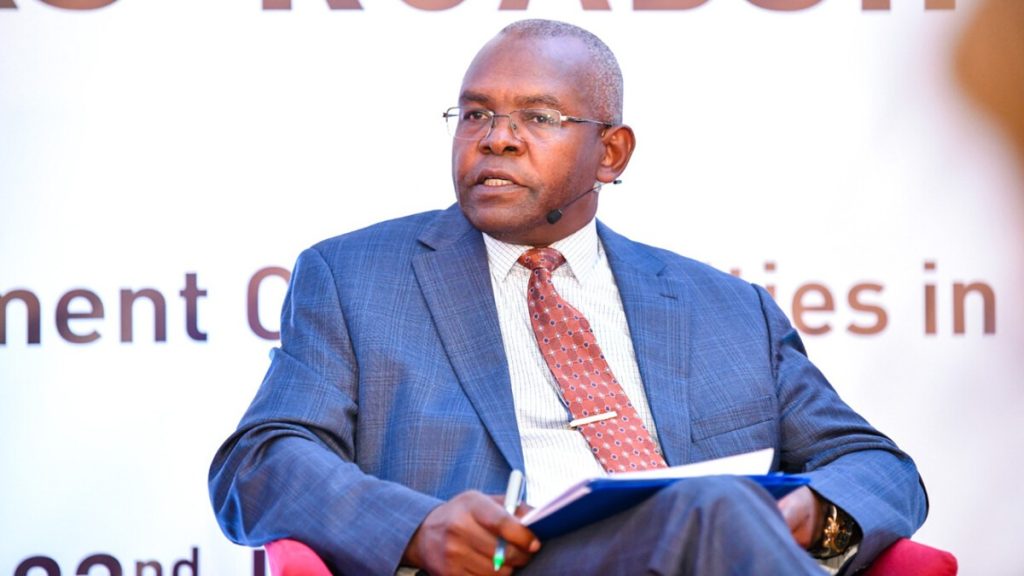KuCoin, a world-leading cryptocurrency exchange, has released its Into The Cryptoverse Report covering cryptocurrency and blockchain adoption in Nigeria, revealing that Nigerians are embracing cryptocurrencies due to limited access to affordable financial services. Cryptocurrencies are thus becoming an alternative solution for the storage and transfer of assets.
The report reveals important statistics regarding the involvement of the local population in cryptocurrency, including that 33.4 million Nigerians—which accounts for 35% of the population aged 18 to 60—currently own cryptocurrencies, or have traded cryptocurrencies over the past 6 months. Fifty-two percent of Nigerian crypto investors allocate over half of their assets to cryptocurrencies, and 65% make fiat deposits to cryptocurrencies via peer-to-peer trading. Another important finding is that 70% of Nigerian crypto investors intend to increase their cryptocurrency investments over the next 6 months, giving reasons to believe that digital asset adoption in the country is accelerating.
The KuCoin Into The Cryptoverse report on Nigeria showcases that cryptocurrencies are becoming an important financial instrument in the African country as a means of payment and value storage, in times of economic hardship. Global interest in blockchain technology and its adoption is growing, and more than 80% of central banks are considering launching a Central Bank digital currency (CBDC), or have already done so. Nigeria tops the retail CBDC leaderboard with the eNaira as it launched its own digital currency in October 2021. This has increased interest in and the adoption of decentralised currencies in the whole country.
Such rates of adoption can be attributed to the fact that the Nigerian currency, the naira, has depreciated by over 209% in the past 6 years, despite the Central Bank of Nigeria’s desperate attempts to keep the exchange rate afloat.
According to the KuCoin survey, 37% of crypto investors in the country started trading cryptocurrencies more than 3 years ago, with 6% of the aforementioned starting to do so more than 6 years ago. With national inflation rates climbing to their highest point since 2008, the challenging economic climate in Nigeria was worsened by the COVID-19 pandemic, making cryptocurrencies an attractive alternative source of income, particularly in the bullish market in 2021. Such reasons are backed by the findings in the report, which reveal that 26% of surveyed crypto investors reportedly started trading cryptocurrencies over the past 6 months.
The high adoption rate of cryptocurrencies also showed gender parity in crypto investment, as the survey revealed that women account for 50% of crypto investors, on par with men. The breakdown of reasons for investment reveals that 53% of crypto investors consider cryptocurrencies a reliable value-storage and payment means; 50% invest to gain higher returns in the long run; 40% attempt to start their own businesses and improve their living conditions; 36% invest for an additional source of income to their salaries; and 34% strive to achieve financial independence, and 26% hope to rely on cryptocurrencies as their main source of income without having to work additionally.
The survey also suggests that Nigerian crypto investors allocate an average of 60% of their portfolios to cryptocurrencies, followed by cash/bank deposits (20%) and foreign currencies (7%), and other instruments. Fifty-two percent of Nigerian crypto investors allocate over half of their investments to cryptocurrencies, while so-called “super crypto investors”, which account for 22% of total crypto investors in the country, allocate over 90% of their investment portfolios to cryptocurrencies.
Cryptocurrency adoption rate increases in Nigeria are also evident from the previous report, according to KuCoin data, which identified that the average number of monthly transactions across African countries has shown a 1,386.7% increase from January 2021 to January 2022, with the number of users also showing a 2,467.2% spike over the same period.
Blockchain technology is predicted to potentially add $1.76 trillion to the global economy by 2030. Cryptocurrency provides an easier banking solution to traditional banks thereby improving financial inclusion. It also provides an alternative and affordable source for diaspora remittance, which plays a huge part in the Nigerian and African economy. The potential success of Nigeria’s eNaira and increased crypto adoption shows the importance of the crypto market to the economy, and it’ll likely spur cryptocurrency development and adoption in other countries where financial inclusion is a key desired outcome.
This report on Nigeria showcases that cryptocurrencies are becoming an important financial instrument in the African country in times of economic hardship as a means of payment and value storage.
To get the full report, please visit the KuCoin blog.
About Kucoin
Launched in September 2017, KuCoin is a global cryptocurrency exchange for over 600 digital assets. It currently provides spot trading, margin trading, P2P fiat trading, futures trading, staking, and lending to its 10 million users in 207 countries and regions around the world. In 2018, KuCoin secured $20 million in Round A funding from IDG Capital and Matrix Partners. According to CoinMarketCap, KuCoin is currently one of the top 5 crypto exchanges. Also, Forbes named KuCoin as one of the Best Crypto Exchanges for 2021. In 2022, The Ascent named KuCoin the Best crypto exchange and app for enthusiasts.
To find out more, visit https://www.kucoin.com.










